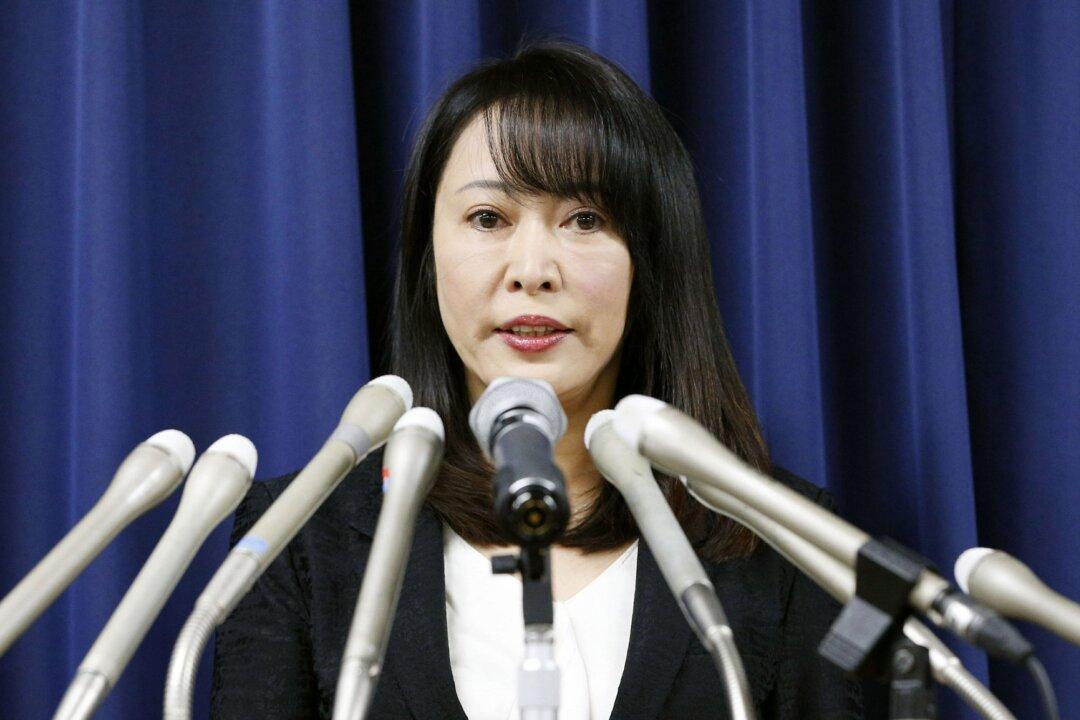Japan executed a Chinese man on Dec. 26 who was convicted in a 2003 murder and robbery of a family of four, marking the first time a foreigner has been executed in the country in 10 years.
Wei Wei, a 40-year-old Chinese national, was at a detention center in Fukuoka on Thursday, after being on death row for more than 16 years, Justice Minister Masako Mori said.





